Despite a growing body of evidence showing that athletes experience significant benefits in terms of well-being and performance from adequate sleep, sports environments often fail to promote proper sleeping habits. Competitive demands commonly cause sleep to be overlooked by those involved in athletics, leading many athletes to neglect healthy sleep routines, fail to get the optimal amount of sleep, and struggle to accurately assess their own sleep patterns.
The Essential Role of Sleep
Sleep plays a crucial role in maintaining physical, cognitive, and emotional health. It boosts performance, supports competitive success, and helps prevent illness and injury. Athletes who experience sleep difficulties are at a higher risk of reduced performance, increased likelihood of injuries, slower recovery times after injuries or illnesses, and elevated psychological distress. For example, tennis serve accuracy has improved with sleep enhancement interventions alone, while basketball free-throw percentages have seen similar gains through this approach.
Unique Challenges for People Involved in Athletics
Various factors can disrupt the sleep patterns of athletes, including anxiety over game outcomes, traumatic brain injuries (TBI), and the demands of a sports-oriented lifestyle. Research on sleep issues among athletes highlights training load as the primary risk factor, followed by the challenges of travel. Athletes in team sports are thought to be at a higher risk, as they often experience greater physiological strain compared to those in individual sports. Therefore, a precise evaluation of an athlete’s sleep, combined with comprehensive education on healthy sleep practices and tailored interventions at an environmental level, is crucial to improve sleep quality and enhance performance in sports settings.
Sleep Screenings for People Involved in Athletics
The NCAA Mental Health Best Practices and the NCAA Interassociation Task Force on Sleeping and Wellness recommend that all students involved in athletics undergo screening for various sleep-related issues. Sports organizations can evaluate the sleep health of their athletes during preparticipation exams or through annual time demand surveys. In recent years, wearable devices like the Oura Ring have gained popularity in athletic environments, providing an objective complement to subjective assessments, such as self-report screenings, to better understand sleep and its impact on performance.
Comprehensive Sleeping Education
All collegiate athletes should receive psychoeducation about sleepiness, as recommended by the NCAA Mental Health Best Practices. For young athletes, it is crucial to provide comprehensive education about sleep from an early age, helping them understand its significance for both well-being and performance. Several key topics are addressed regarding the sleep-related challenges faced by athletes, including evening screen use, substance abuse, and their effects on the quality of sleep. Additionally, the importance of obtaining sufficient hours of nightly rest is emphasized to ensure optimal athletic performance.
Individualized Sleeping Interventions
An athlete’s unique sleep pattern serves as the foundation for customized interventions aimed at improving performance. For instance, transitioning from caffeine consumption to nighttime relaxation practices can be incorporated, along with additional strategies such as using alarm clocks, blue light glasses, or eye patches that promote better sleep. Athletes experiencing more serious issues, like insomnia, may require evidence-based pharmacological treatments (such as melatonin) or non-pharmacological therapies (like Cognitive Behavioral Therapy for Insomnia) to effectively address their sleep challenges.
Environmental Sleeping Interventions
It is essential to make environmental adjustments to reduce potential risks linked to inadequate rest in sports environments, such as training routines, travel commitments, and other factors. These adjustments might involve considering the intensity of physical activities, the details of travel schedules, and the worries athletes may have regarding their rest. To address this, it is recommended that team practices be rescheduled, and travel plans be organized to allow for more time to recover during the night.
These efforts are crucial for ensuring that athletes can perform at their best in the areas they are focused on.


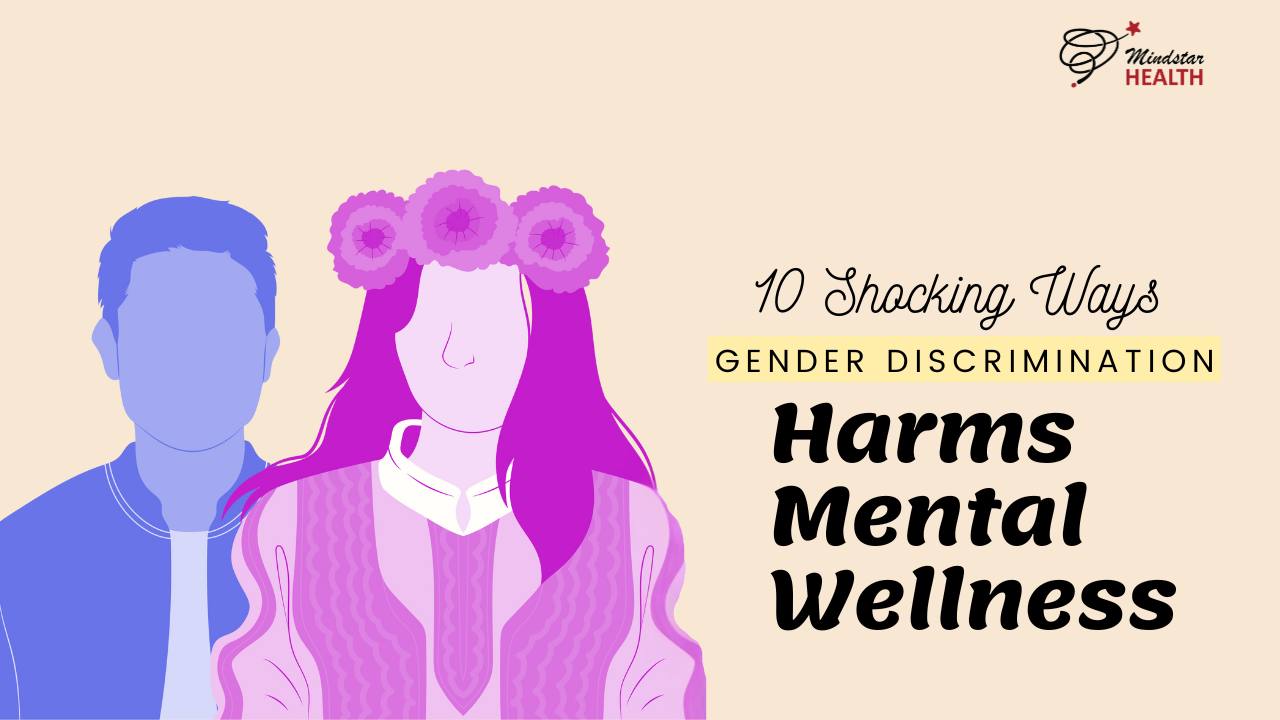
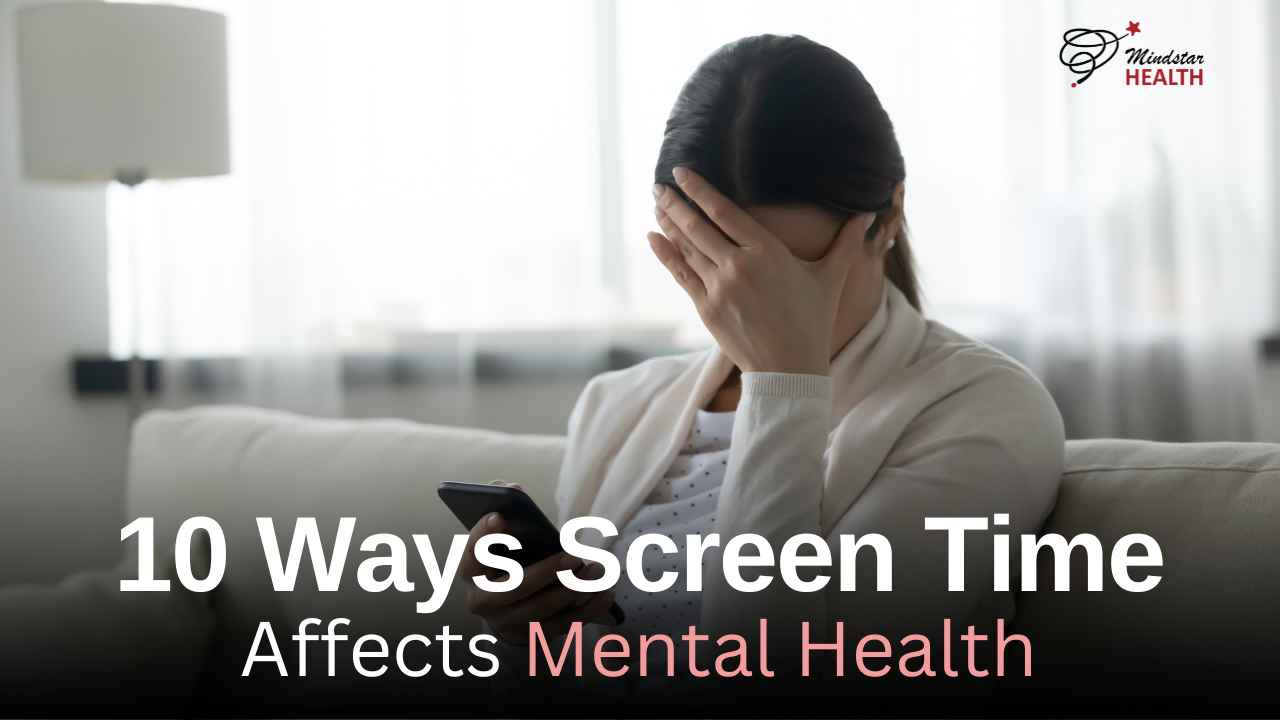

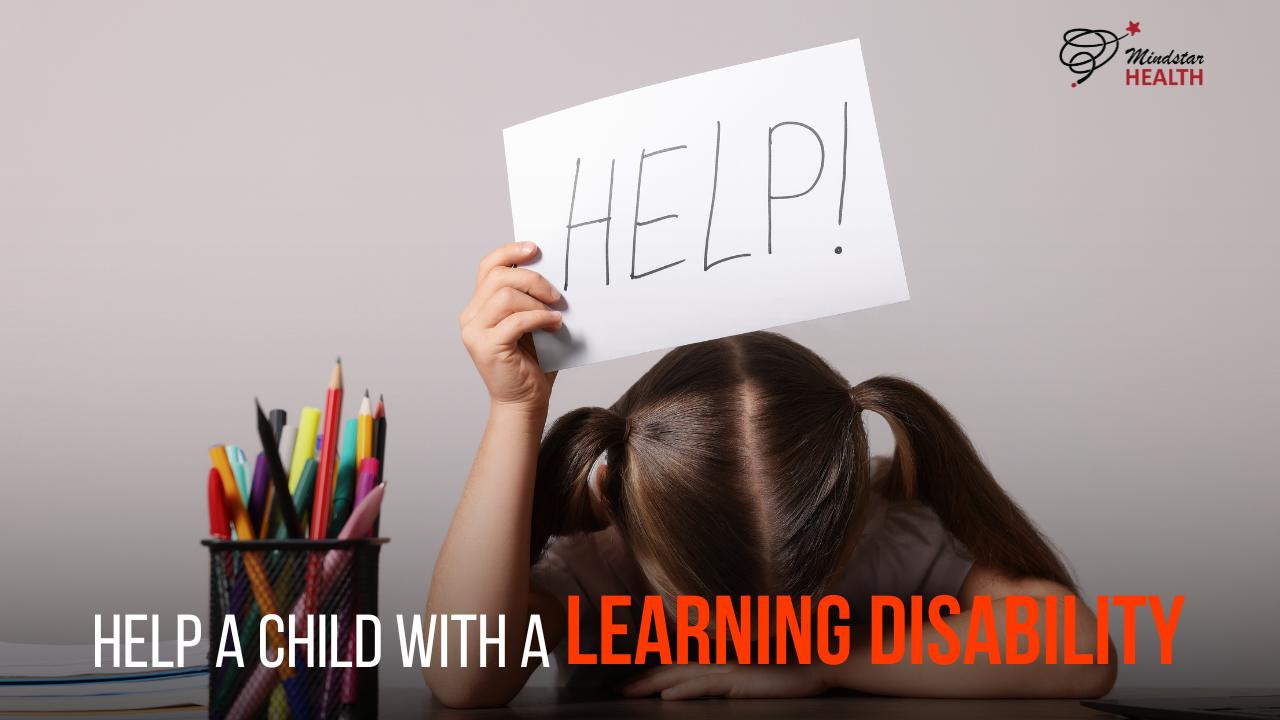
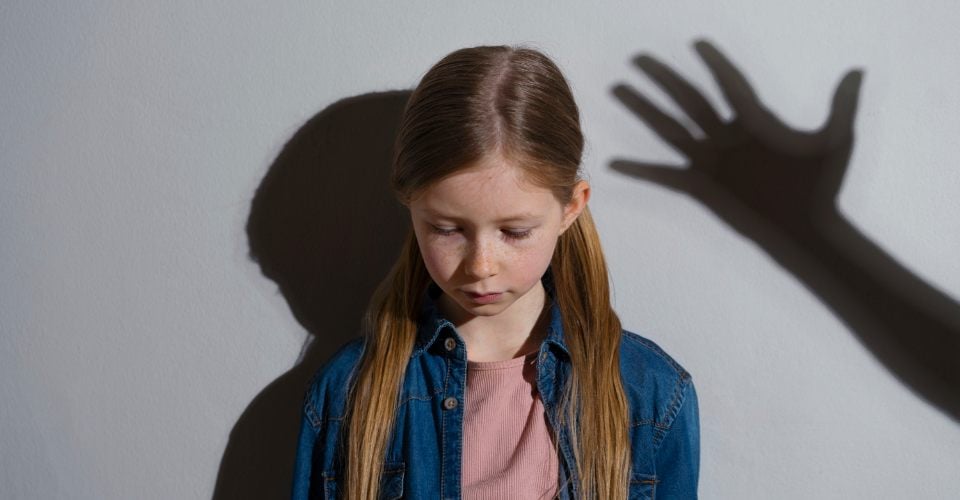
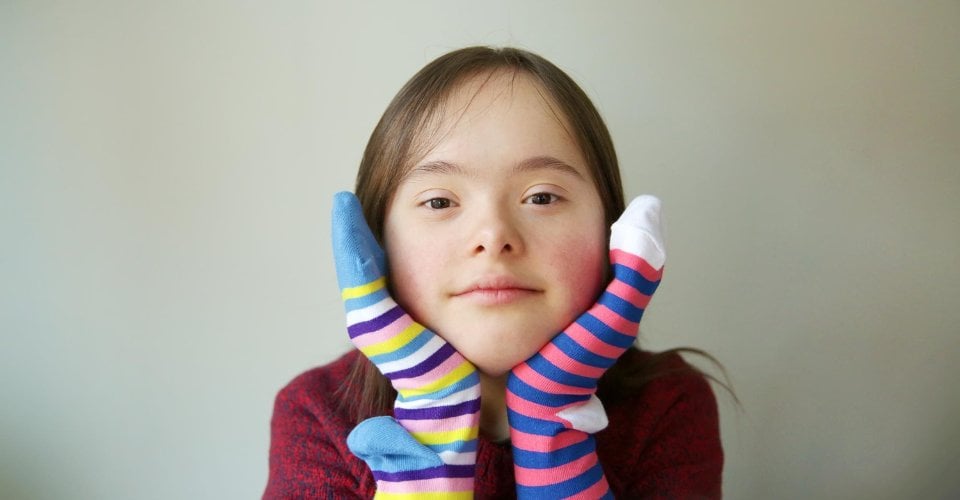




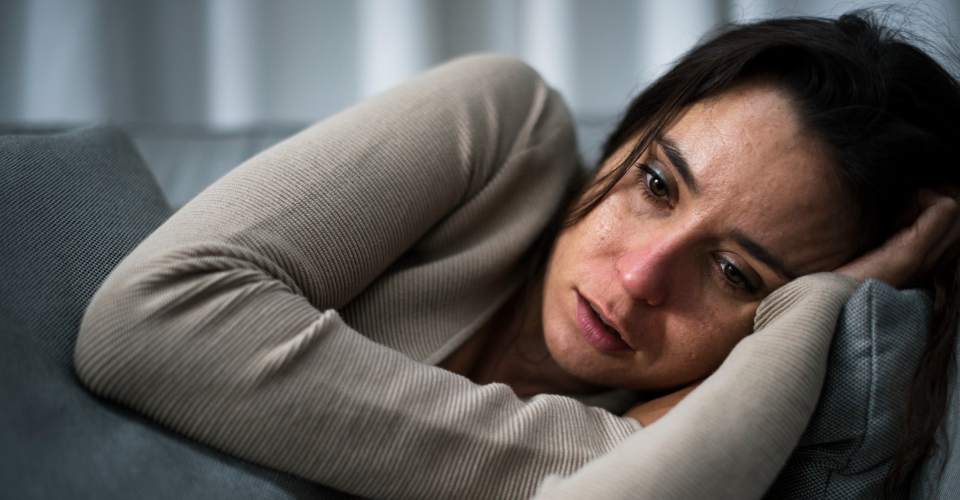
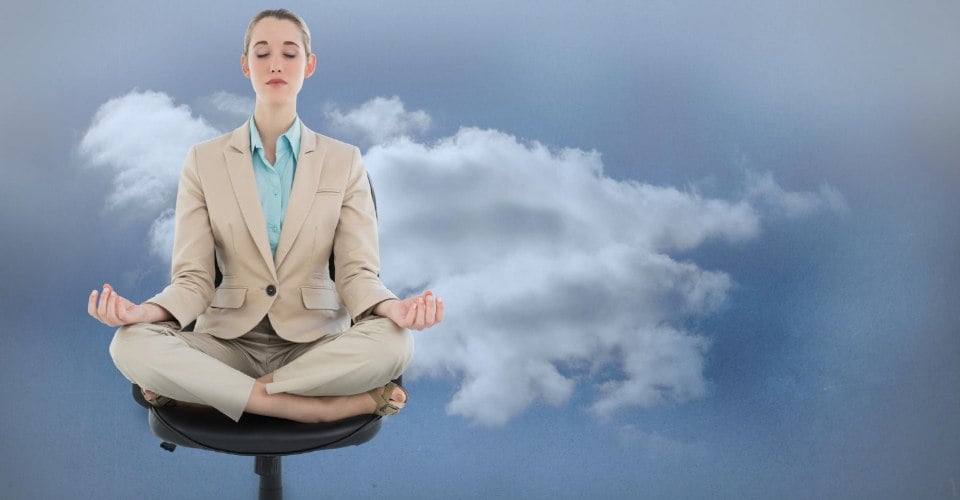
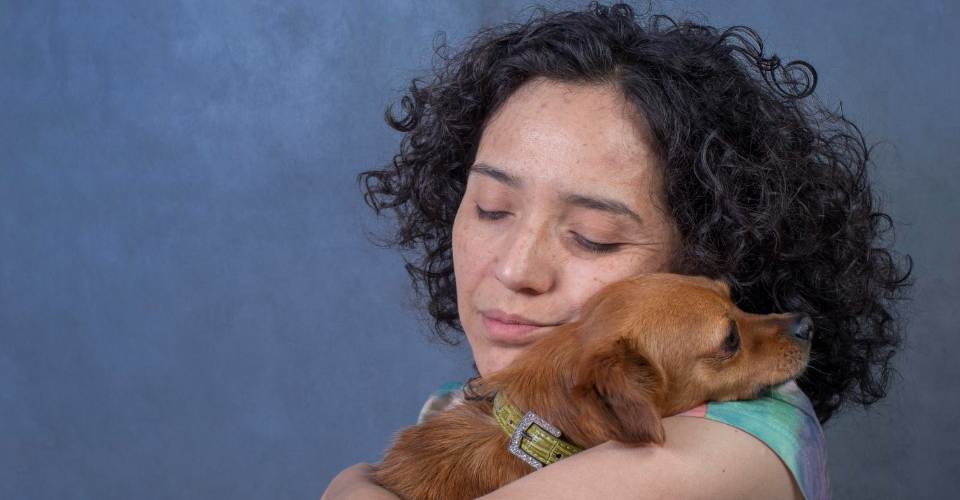
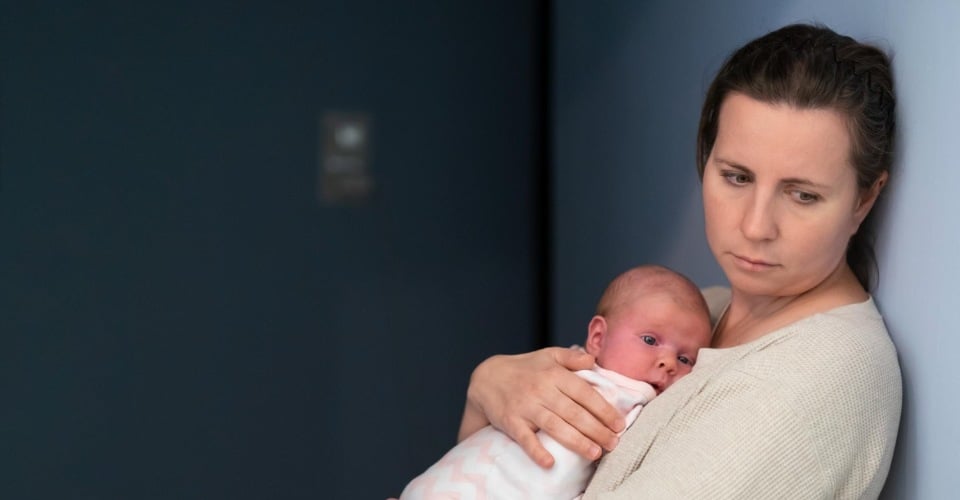

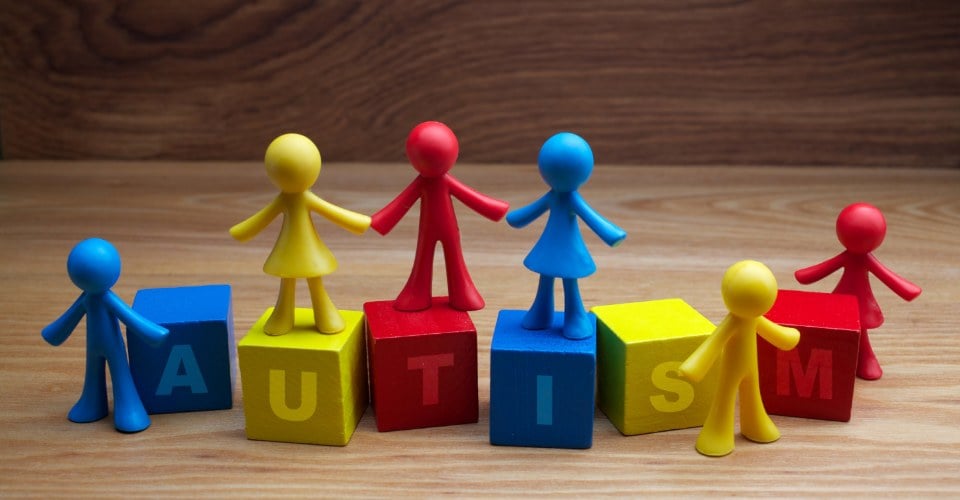

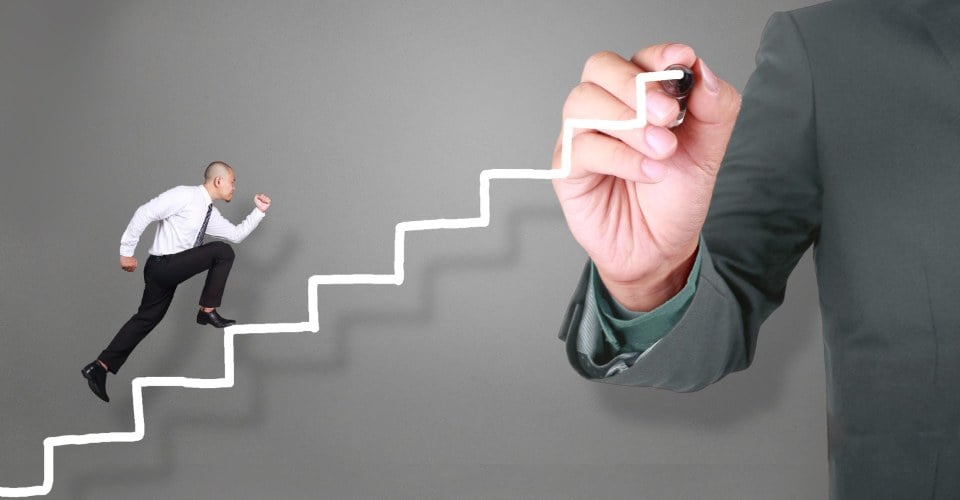
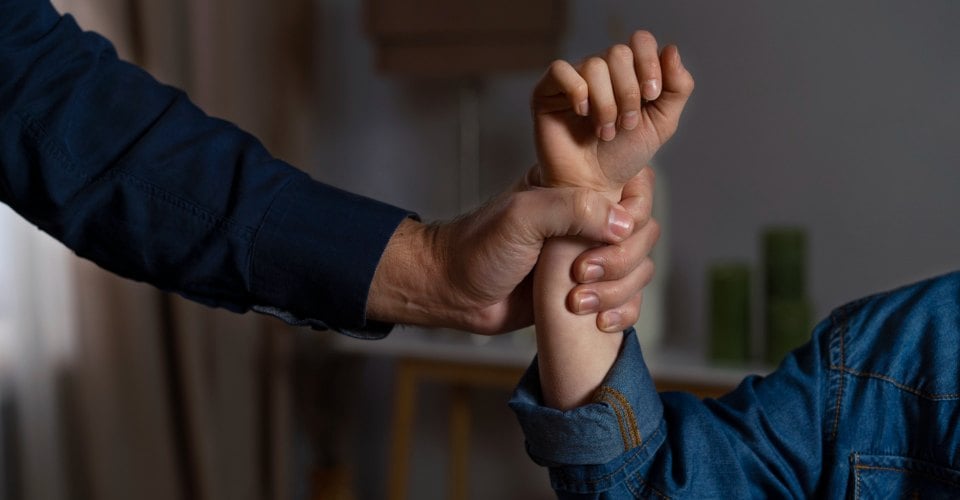

Leave a Reply
You must be logged in to post a comment.